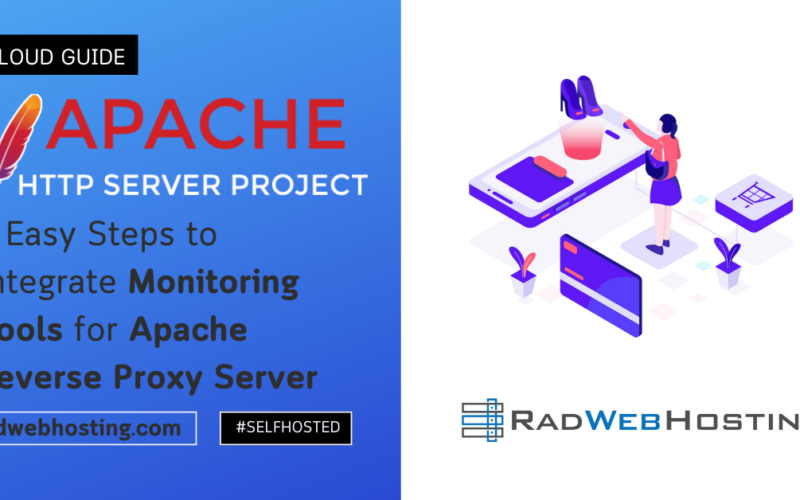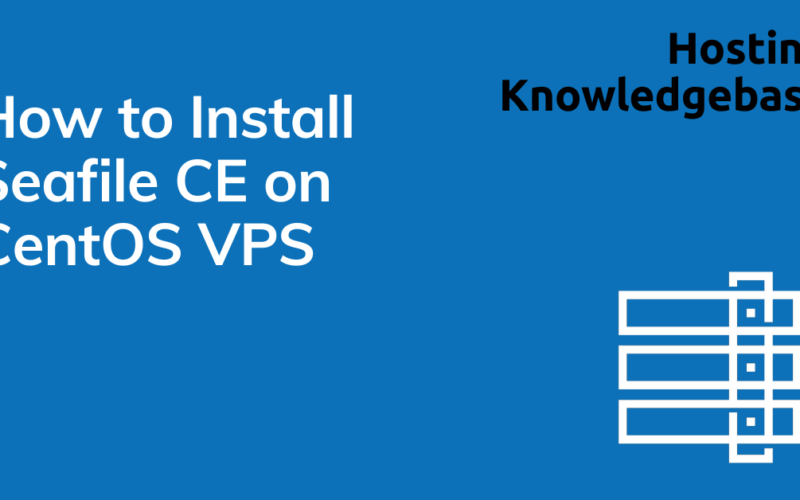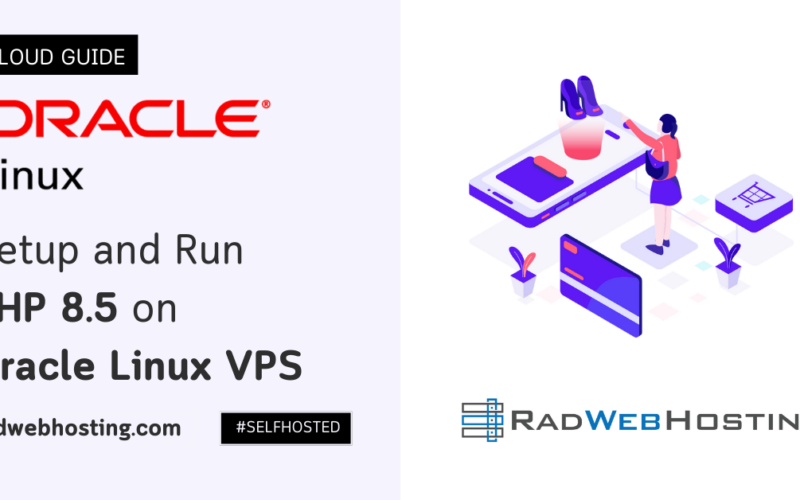
This article outlines the top 5 security features every hosting provider should offer (especially for small businesses and WordPress users).
Running a small business means juggling a dozen priorities. Your website should be the one thing you can count on—not worry about. But without proper security, your WordPress site can be hijacked, blacklisted, or taken offline—hurting your brand, traffic, and trust.
The good news? You don’t need to be a cybersecurity expert. You just need a hosting provider that takes security seriously.
Top 5 Security Features Every Hosting Provider Should Offer (Especially for Small Businesses & WordPress Users)
Here are the five must-have security features every small business owner should demand from their hosting company—especially if you’re running WordPress.
-
Free SSL Certificate (HTTPS)
Why it matters:
SSL protects your customers’ data and builds trust. Browsers will warn visitors if your site isn’t secure—and that’s the fastest way to lose them.For WordPress users:
An SSL is essential for logins, contact forms, and online payments. Google also uses it as a ranking factor.What to expect from your host:
- Free SSL (usually via AutoSSL/Let’s Encrypt)
- Automatic setup and renewal
- HTTPS support out of the box
Don’t settle for:
Hosts that charge extra or make you install SSL manually. If they’re skimping on basics, that’s a red flag. -
DDoS Protection: Why It’s Non-Negotiable
What is a DDoS attack?
A Distributed Denial of Service (DDoS) attack floods your server with so much fake traffic that it crashes—locking out real visitors. Unlike hacking attempts that try to steal data, DDoS attacks aim to overwhelm your system and take you offline.For small business owners and WordPress site operators, this can be devastating. You lose traffic, sales, and credibility—all while scrambling to get your site back up.
The Real-World Risks
- Lost Revenue
If you’re running an e-commerce store, a single hour of downtime can mean hundreds or thousands in lost sales. Worse: if customers try to visit and find a broken site, many won’t come back. - SEO Damage
Repeated outages or slow performance caused by DDoS attacks can impact your rankings on Google, especially if search bots can’t access your pages reliably. - Reputation Hit
Customers expect reliable access. If your website becomes unreachable or sluggish, they’ll question your professionalism and security practices. - Collateral Damage
Some attackers use DDoS attacks as cover for more serious breaches. While your team is distracted by the flood of traffic, the real hack is happening in the background.
Real-Life DDoS Attacks That Made Headlines
🔒 Dyn (2016)
A massive DDoS attack hit Dyn, a major DNS provider, bringing down access to sites like Netflix, Twitter, Spotify, Reddit, and Airbnb across North America and Europe.
Impact: Took out parts of the internet. This was a wake-up call for infrastructure vulnerability.
🛍️ Shopify (2020)
During a critical holiday sales period, Shopify experienced degraded performance due to DDoS threats targeting merchants.
Impact: Slower checkouts and admin panel access affected thousands of small businesses relying on Black Friday sales.
🎮 Business Wire (2018)
Press release network Business Wire underwent ongoing Distributed Denial of Service (DDoS) attacks spanning longer than a week in 2018 as part of a highly sophisticated and targeted attack.
The firm, which is owned by Warren Buffett’s Berkshire Hathaway conglomerate, relies on its web infrastructure to get online press releases and media alerts in front of readers.
Impact: Lost revenues and customer-confidence and degraded performance and availability of their news platform.
📚 GitHub (2018)
GitHub suffered what was, at the time, the largest recorded DDoS attack—peaking at 1.35 Tbps of traffic.
Impact: Thanks to robust mitigation, GitHub recovered in minutes. But it proved just how enormous these attacks can be.
What Small Business Owners Can Learn
You don’t need to be a global company to be a target. DDoS attacks are cheap and easy to deploy. Competitors, disgruntled ex-employees, or bored teenagers with a botnet can knock out your WordPress site with little effort.
What to look for from your hosting provider:
- Always-on DDoS protection (not “reactive”)
- Real-time mitigation and intelligent traffic filtering
- Network-level protection, not just software firewalls
- Multi-layered (layer 3/4/7) protection
Bottom line:
If your hosting provider doesn’t mention DDoS protection prominently, assume it’s not included. And that’s a dealbreaker. - Lost Revenue
-
Automated Daily Backups
Why it matters:
Mistakes happen. Updates break things. Plugins get hacked. A solid backup is the difference between panic and recovery.For WordPress users:
If your site gets infected or crashes, restoring from yesterday’s backup should be one click away.What to expect from your host:
- Automated daily/weekly/monthly backups (files + database)
- One-click restoration
- Flexible restoration options (from entire account down to a single file
- Backups stored offsite on secure servers
Don’t settle for:
Manual backups or limited frequency. If you have to install a separate plugin to get basic backups, your host isn’t doing enough. -
Web Application Firewall (WAF)
Why it matters:
A WAF blocks common hacking attempts before they hit your site. Think of it as a security bouncer for your website.For WordPress users:
WordPress sites are constant targets for bots scanning for weak plugins, login pages, or outdated code.What to expect from your host:
- Built-in or partner WAF (like Imunify360)
- Protection from brute force, XSS, and SQL injection attacks
- Real-time filtering and alerts
Don’t settle for:
Relying only on WordPress security plugins. Your hosting environment needs protection too. -
Automated Malware Scanning and Removal: Your Silent Security Guard
What is it?
Malware is malicious code injected into your website—often without your knowledge—that can steal customer data, deface your pages, send spam, or redirect your traffic to scam sites. Automated malware scanning tools monitor your website continuously and remove threats before they cause serious harm.Why Malware Is a Business Killer
Think malware only hits big targets? Think again. WordPress sites are prime real estate for hackers because of their popularity and ecosystem of third-party plugins. Once infected, your site can go from clean to blacklisted in hours.
Here’s how malware can devastate a small business:
🔥 Loss of Customer Trust
If a customer visits your site and gets redirected to porn, phishing pages, or infected download links, they won’t come back. Worse, they’ll tell others not to trust you.
🧨 Blacklisting by Google
Google actively scans sites for malware. If your site is compromised, it’ll get slapped with a “This site may harm your computer” warning—or pulled from search results entirely.
According to Google’s Safe Browsing transparency report, tens of thousands of sites are blacklisted every week due to malware.
🧾 Legal and Financial Fallout
If you store customer data—emails, addresses, payment info—and malware compromises it, you could be facing compliance violations, fines, or even lawsuits under data protection laws like GDPR or CCPA.
🛠️ Cleanup Costs and Downtime
Manual malware removal can take hours or days. During that time, your site is offline, your revenue is zero, and you’re burning cash hiring someone to fix the mess.
Real-World Example: The WordPress Pharma Hack
In one widespread attack, hackers injected code into vulnerable WordPress sites to show pharmaceutical ads in search results—while the site looked normal to owners.
Many site owners didn’t realize their traffic and SEO had been hijacked until months later—after losing rankings, trust, and sales.
What to Expect from a Good Host
- Daily (or continuous) malware scans of all files and databases
- Automatic cleanup or immediate quarantine of infected files
- Alerts and reports sent directly to your inbox
- Integration with server-level tools like Imunify360
Don’t settle for:
Hosts that expect you to install a separate plugin to scan for malware—or worse, leave you to find and fix it manually.Bottom line:
If your hosting provider isn’t actively watching your site for malware and cleaning it when something goes wrong, you’re gambling with your business.
Final Word for Small Business Owners
You’re busy running a business. You don’t have time to fix a hacked website, lose customer trust, or fight with support when something goes wrong.
Your hosting provider should handle the security so you can focus on your business.
If they’re missing any of the five features above, keep shopping. There are better options out there—and your site, your customers, and your reputation are worth it.
✅ Easy Website Management with cPanel Support
Running a business is hard enough — managing your website shouldn’t be. That’s why we include full cPanel support with every hosting plan:
- ✅ Simple Dashboard – No tech skills needed. Easily manage your website, emails, and more from one place.
- ✅ Quick App Installs – Launch WordPress, shopping carts, or other tools with just one click.
- ✅ Professional Email – Create business email addresses (like you@yourbusiness.com) in minutes.
- ✅ Reliable Backups – Keep your website safe with easy-to-use backup and restore options.
- ✅ Secure & Protected – Manage your site’s security and SSL certificates with built-in tools.
- ✅ Real Help, Anytime – Our expert support team is available 24/7 for anything you need.
💬 What Our Customers Say
“I have had nothing but good experiences with Rad Web Hosting. The staff is there to help you to make sure that you stay online and I haven't had any downtime with my server in the time I have been with Rad Web Hosting and I have had my server for over two years.”
— Janice L., Owner of RJGM
🏆 Trusted by Small Business Owners Nationwide

🚀 Get Started Today
Take the stress out of website management. With cPanel support and expert help just a click away, you can focus on what matters most — growing your business.
Choose Your Plan Now








